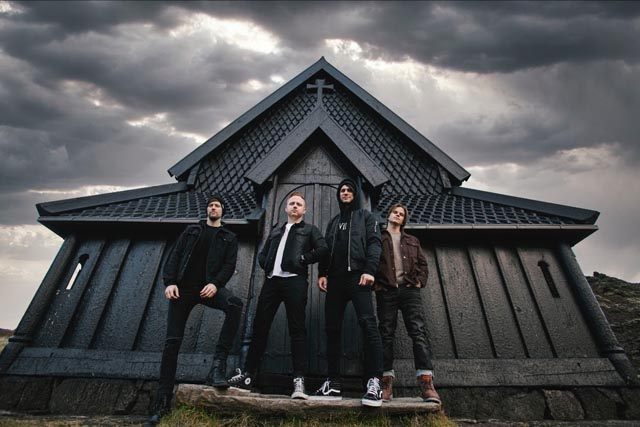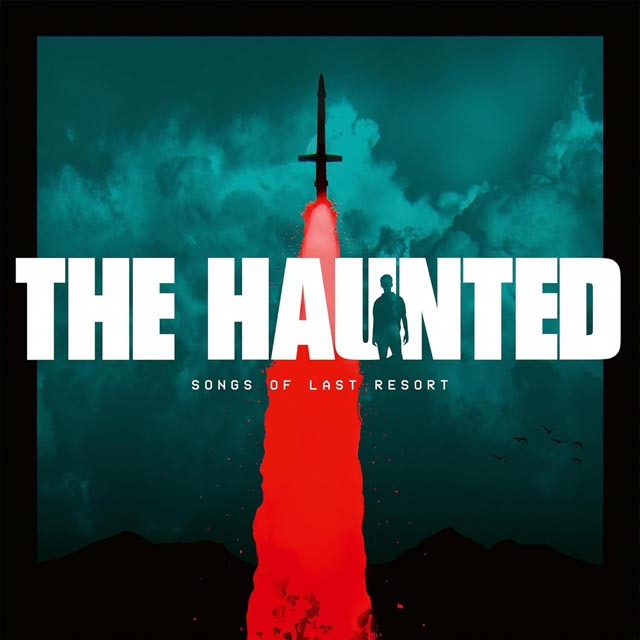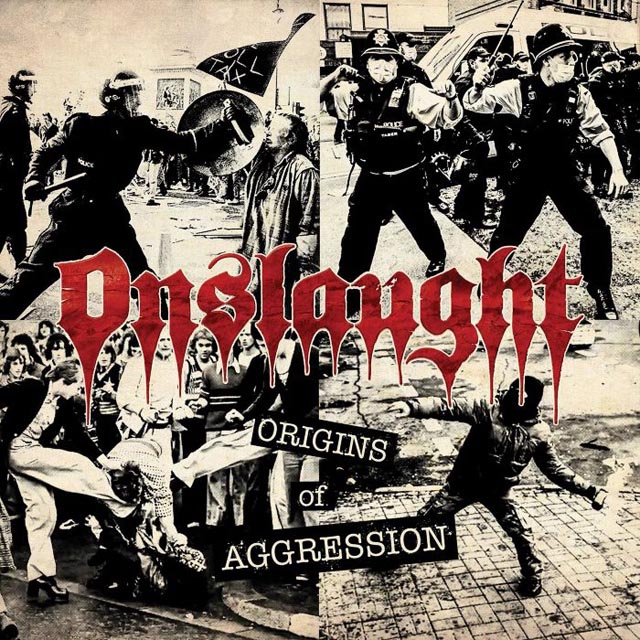 Metallica are hands down one of the biggest bands in rock history. But while it was 1991’s self-titled Black Album that brought them to the masses, their first real breakthrough album, Master of Puppets, was released 30 years ago today. Quite possibly the band’s finest moment, it’s hard to believe that the fully-formed Master was only the band’s third album, was made by four people in their early ’20s and was written in eight weeks. Lars Ulrich and Kirk Hammett spoke to Rolling Stone about the album on it’s anniversary.
Metallica are hands down one of the biggest bands in rock history. But while it was 1991’s self-titled Black Album that brought them to the masses, their first real breakthrough album, Master of Puppets, was released 30 years ago today. Quite possibly the band’s finest moment, it’s hard to believe that the fully-formed Master was only the band’s third album, was made by four people in their early ’20s and was written in eight weeks. Lars Ulrich and Kirk Hammett spoke to Rolling Stone about the album on it’s anniversary.
Like many innovative things from the ’80s, the genesis of the album came out from a garage in the Bay Area. In 1985 following the touring cycle for Ride the Lightning, James Hetfield and Lars Ulrich started to work on ideas from Cliff Burton and Kirk Hammett’s cassettes in the garage of the house they shared. The four eventually jammed and recorded the songs on a boombox. Ulrich talks about watching 1985’s Live Aid concert, watching Black Sabbath play at 9am. A demo recorded allegedly the next day has instrumental and vocal versions of “Battery,” “Disposable Heroes” and a combination of “Welcome Home (Sanitarium),” and “Orion,” which was then called “Only Thing.” There was also an intrumental version of “Master of Puppets.”
“There’s a spark or spontaneity or impulsiveness that happens when you’re in your twenties,” Ulrich says. “We wrote Master of Puppets in probably eight weeks over that summer. Nowadays, it takes me eight weeks just to drive own to the studio. It’s like, ‘What the fuck did we do in the summer of ’85 where we could just give birth to that from the first note to the last note in eight weeks?’ Death Magnetic took us probably 18 months from when we started writing to when we started recording. On this current record, it probably took us about nine months. How the fuck do you write a record like Master of Puppets in eight weeks?”
[youtube]https://youtu.be/TYgroh_602Q[/youtube]
While the album only took eight weeks to write, sessions for the album went on though December. One surprising fact is that they initially wanted Rush’s Geddy Lee to produce the album, only returning to Fleming Rasmussen (who’d produced Lightning) after scheduling didn’t work out. Hammett talks about the boredom of being in Denmark as the sessions wore on as Ulrich worked on drum tracks:
“We would stay up 24 hours at a time and just go out walking around Copenhagen kind of drunk, doing whatever we could to bide the time,” Hammett says. “I remember at one point, we found a beach on a map. So we went there but it was so cold and there was absolutely no wave action or anything. Cliff and I were just bundled up on this weird beach in Copenhagen saying, ‘God, this place is driving us crazy!'”
Of course a remembrance of Master wouldn’t be complete without some words about Cliff Burton, who died at 24 about six months after the album was released, on September 26th, after a bus accident. What many might not remember is that the show earlier that night was the first show Hetfield had played rhythm guitar in months – he’d broken his arm skateboarding and Metal Church’s John Marshall, also his guitar tech, had been playing while Hetfield sang.
“He reveled in being unique and autonomous, and that’s obviously one of the bigger messages of Metallica,” Ulrich says. “There was nobody like that guy.”
“Orion,”the instrumental that Burton played a big part in arranging and writing, was played at Burton’s funeral. In honor of Burton, and the album’s anniversary, crank it up.






